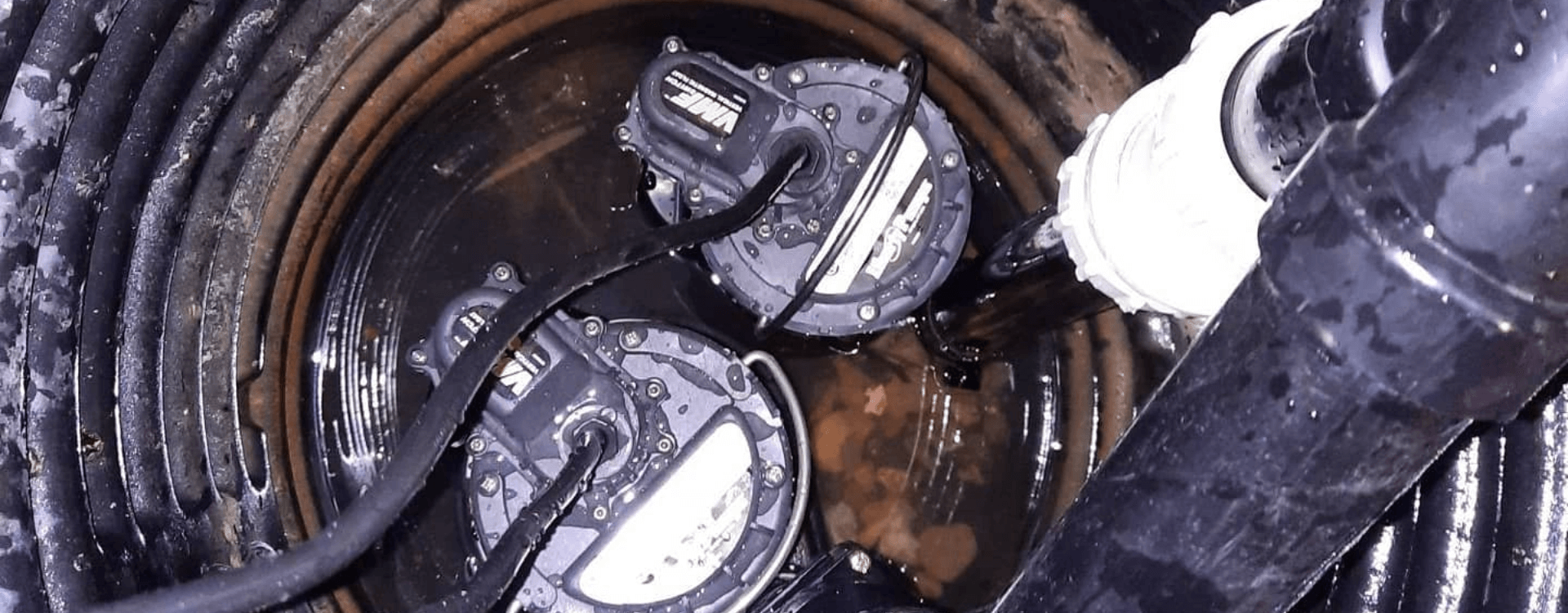Your septic system is one of the most important items in your home to keep well maintained and up to date on inspections. There are many reasons your septic system might need to be inspected by a qualified professional, from freezing in winter to selling your home; however, you want to make sure that your septic system is inspected properly and that all maintenance addresses what is covered in your inspection. Read on to learn about what is covered in a septic inspection, and what to do after the fact!
What is a septic system inspection?
A septic system checks the integrity and condition of your septic system. When getting your septic system inspected, you’ll want to ensure that the company checks the entire system and not just the tank, the tank is only one part of the system.
A septic system inspection should check:
-
The condition and size of the tank
- A full assessment of drain field area
- Any landscaping or grading concerns that may influence system operation
- Any concerns regarding sizing of the system compared to occupancy of the home
- The condition of mechanical and plumbing equipment, alarms, etc. including testing and analysis of their performance
A proper inspection of your system needs to cover the entirety of the system including what the anticipated occupancy and potential future occupancy of your home is, and whether or not your existing system can handle the usage. Inspectors will check every aspect of the system and provide any recommendations for maintenance, repair, or part replacement.
When do you need a septic inspection?
There are many reasons. Rather than getting an inspection once things start to feel or look wrong, you should be getting an annual inspection of your entire system. Some provinces require annual septic assessments by qualified technicians for insurance purposes. These inspections can alert homeowners to conditions that could lead to big problems while there is still time to resolve them. Testing of floats and alarms can help ensure you’re protected if and when things like pump failures happen in the future, preventing backups into the home, flooding, and damage to your home.
Septic drain fields typically have a lifespan of around 20-25 years, depending upon the soil, type of system, and its construction. Annual inspections can alert homeowners to problems in the soil while they can still be repaired or remediated, allowing systems to operate indefinitely, instead of requiring costly replacement due to the system aging out. Many people aren’t aware that their drain fields can be repaired rather than an entire system replacement, so an annual inspection can save your family tens of thousands. This can include jetting and clearing out of clogged lines and often requires remediation of the soil, which is typically what leads to the lines getting clogged in the first place.
Another reason to get a septic system inspection is before buying and selling rural property. Before you list your property, we can tell you what a septic inspection by the buyer is likely to determine. This allows you as the vendor/seller to address these issues before they cause an offer to fall apart or result in a costly holdback. Having the septic system inspection conducted before listing allows you to price your property accordingly as well as add that the system is in perfect condition to your sales pitch.
When you’re buying a rural property, we can assess the condition of the system, letting you know the info you need to budget for anticipated repairs and maintenance, or if things may need to be replaced before the problems become your own. Getting the septic system inspected before you buy can help you make an informed decision about the property, for if the system is beyond repair, you could be looking at $60k in replacement costs.
The final reason to get your septic system inspection is if you’re noticing something that doesn’t seem right. If your system is starting to freeze up over the winter, and this is a new development, that is typically a sign that something is starting to go wrong. This could be a plumbing or mechanical issue, could indicate a problem developing in the soil, or any number of other factors that cause your septic system to freeze. Our inspector will assess the situation and can recommend remedies to prevent freeze-ups next winter.
How much does a septic system inspection cost?
Typically, septic system inspections cost between $250 and $1500. The cost depends on how much information about your system is needed, and whether a detailed report is needed to satisfy bank requirements for financing a rural property. If you get annual inspections from Cardinal, the information about your system, maintenance records, and historical data is saved, meaning we don’t need to take as much time in information collection for subsequent inspections. Some clients opt for our “walk and talk” inspection option, this allows you to tag along with our certified inspector and discuss items that are noted, hear any recommendations, and get an education as to how your system operates (or how it SHOULD operate). This option allows you to proactively take steps as the homeowner, getting the same results but without producing paperwork that may be unnecessary.
After an inspection, many homeowners have additional questions that come up after mulling on the report. We offer phone support, advice, and recommendations after the inspection is completed, so you’ll never need to worry about being handed an inspection report and left to figure it out on your own. Once you become a client, we are there to support you and help you address any of your septic concerns.
What do I do after a septic inspection?
Once you have a completed inspection, you’ll want to compare and contrast your system and its operation to both the current codes/standard of practice, as well as comparing current operation with the intended operation of the original system design. Our goal is to make sure things are working properly. As long as your system worked at some point, we can typically return it to that state of performance and function — in most cases without recommending system replacement.
Although it would be great if all septic inspections showed the system was in perfect working order, this is often not the case. Some inspections will determine that some components need to be repaired or replaced. You can book your maintenance with Cardinal to ensure that everything covered in the inspection is addressed in the maintenance call. You can contact us directly to book your maintenance appointment! Once you work with us, we will also send out maintenance reminders letting you know your system is due for annual service.
Our maintenance appointments involve the repair and maintenance of existing pumps, alarms and their related floats, mechanical repairs to the plumbing components in the septic tank, in the drain field, and if/when required, even replacement of delivery lines. We have freeze prevention options that can be permanently installed to ensure that lines that froze this year will not freeze next year. What sets Cardinal apart is we have the unique ability to repair the soil from organic failure — the main cause of system failure for over 95% of septic systems. By remediating the soil in and around the drain field, we can restore function to systems that are aged at or even beyond their normal service life, bringing them back to full, normal function and keeping them there for the long term. We don’t do “Band-Aid solutions,” everything we do, we stand behind 100%.



